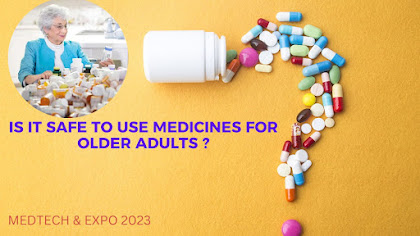Scientists and doctors
have probably spent countless hours developing it. The task of getting a drug
to your local pharmacy is complex, arduous, and frequently expensive.Pharmaceutical companies have established elaborate business models for the
research, development, and production of molecules to treat diseases.
The first phase of drug
development involves laboratory experiments to discover and refine the drug,
and the second phase is to test the drug in clinical trials to evaluate the
drug’s safety and efficacy in patients. Despite technological
advances, there are fewer new medicines approved every year.
Phase 1:
The collection of test
molecules can include both man-made molecules and natural products. Through the
screening process, a molecule may show potential as a drug by binding to the
target biomolecule (i.e., the key for the lock) or killing diseased cells.
Modern drug discovery
typically involves a process called high-throughput screening, where thousands
of molecules are tested at once for their efficacy against a certain drug
target.
Phase Two:
Clinical trials are the
stage of drug development where a drug’s effect on humans is tested. At this
second phase, often billions of dollars have already been invested in a drug’s
discovery and development; this huge investment is a major part of the inherent
financial risk in drug development.
Fortunately, the federal
government has recognized the urgency of the challenge facing drug discovery
and created a new center for drug development at the National Institutes of
Health. Drug discovery is a long, laborious process, and only time will tell
whether the current strategies will be effective in producing viable remedies.
.jpg)
.png)
.jpg)
.jpg)
.jpg)
.jpg)
.jpg)
.jpg)

.png)